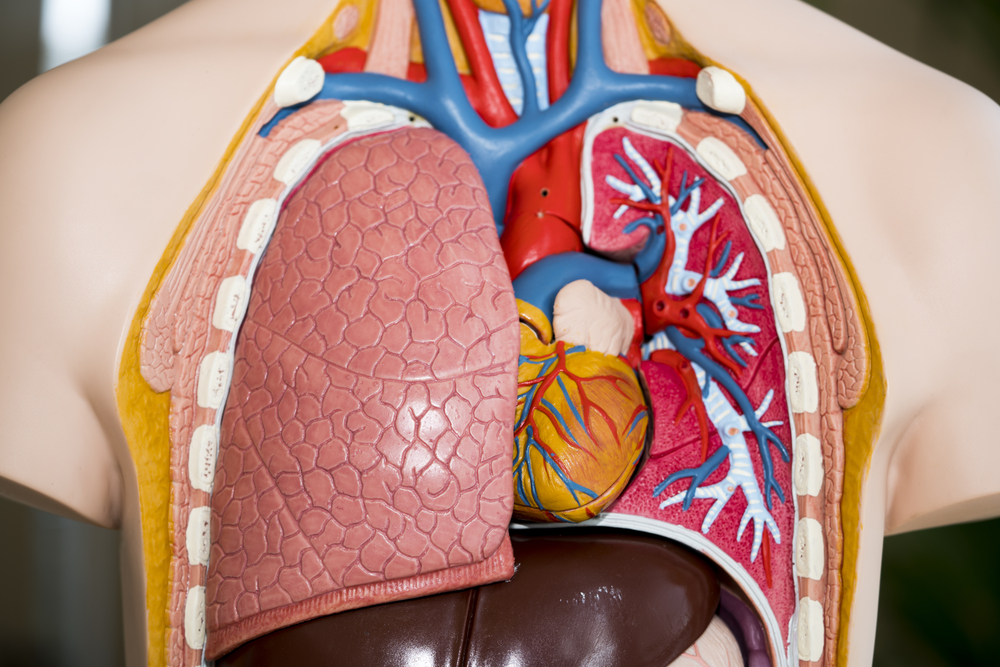Low Blood Levels of Secretin Hormone May Trigger PH, Mouse Study Suggests
Written by |

Loss of a hormone called secretin (SCT) induces hypertension, scarring, and structural alterations in the heart and lungs, a study in mice reports.
The study “Loss of secretin results in systemic and pulmonary hypertension with cardiopulmonary pathologies in mice” was published in the journal Nature Scientific Reports, and led by a team from Hong Kong.
SCT is released by cells in the intestine and the brain, and its receptors are found at high levels in both the heart and lungs.
Prior studies showed that SCT reduces blood pressure in the heart, increases cardiac blood flow, and regulates water and salt balance, among other mechanisms. Blood serum levels of SCT are also known to be markedly lower in people with congestive heart failure.
However, “no studies have clearly shown the significance of SCT in these systems and explained how SCT plays a role in regulating blood pressure,” the researchers wrote.
The team investigated the severity of SCT’s loss to the heart and lungs using mice in which the gene coding for secretin had been deleted.
Compared to normal mice serving as controls, mice with no SCT showed increased blood pressure. This was accompanied by changes in the heart’s chambers, namely right ventricular hypertrophy (enlargement) and fibrosis, or scarring. The heart’s left ventricle was smaller than in control mice.
Loss of secretin also led to pulmonary arterial hypertension (PAH), as shown by increased right ventricular systolic pressure in mice without SCT compared to control mice. This increase was detected as early as 3 months of age, and maintained until the age of 12 months. Right ventricular enlargement, another hallmark of PAH, was also seen in 3-month-old mice with SCT deficiency.
Animals with no SCT also showed changes in lung tissue compared to the controls; namely, a significant increase in pulmonary artery thickness, severe structural alterations in blood vessels (vascular remodeling), and inflammation.
Other changes associated with a complete lack of SCT included lower serum levels of nitric oxide (NO) and vascular endothelial growth factor (VEGF). In line with the previously shown role of VEGF in stimulating NO production to widen blood vessels, this suggests that a lack of SCT could lead to persistent vasoconstriction and elevated blood pressure, the researchers said.
In contrast, levels of aldosterone were higher than normal in plasma and the heart of mice without SCT, as seen in people with congestive heart failure.
The scientists then tested whether administration of SCT up to three months could effectively treat hypertension. Three-month-old mice lacking SCT were given this hormone (at 2.5 nmol/kg/day) via a pump into the abdomen.
After three months, blood levels of SCT in these animals were similar to those of control mice. Mice given SCT also showed significantly reduced thickening of heart and lung arteries, as well as less cardiac scarring and inflammation.
Overall, the findings suggest that “SCT can be an essential hormone for the cardiovascular and pulmonary systems in humans, since SCT deficiency can result in pulmonary and systemic hypertension in mice,” the researchers wrote.
Measuring SCT levels “can provide interesting information, such as whether SCT deficiency has a role in pulmonary and systemic hypertension in humans,” they added.



